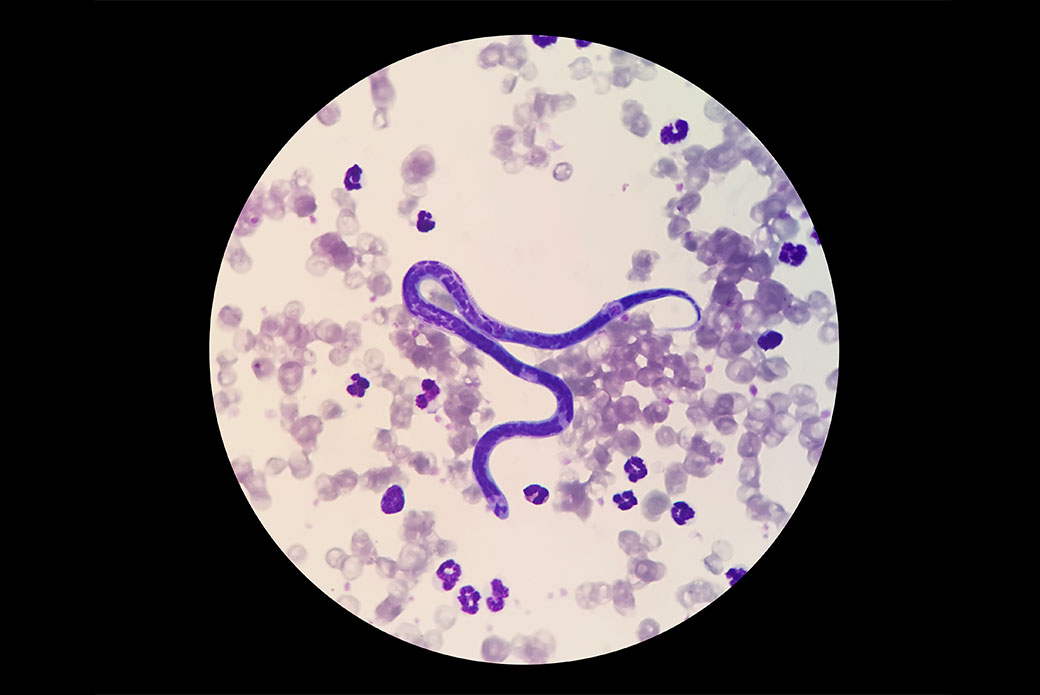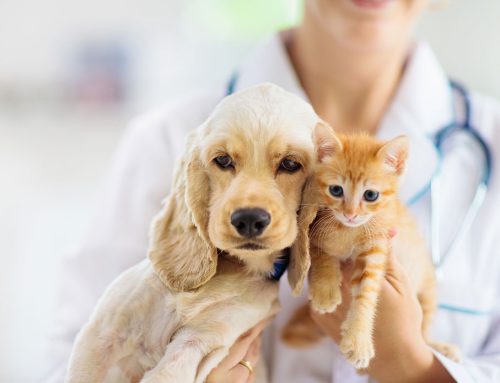
Heartworm disease is a serious and potentially life-threatening condition that can affect cats, as well as dogs and other animals. Although it is more common in dogs, heartworm disease can be just as dangerous for cats, and it is important for cat owners to understand the risks and symptoms of the disease.
Heartworm disease is caused by a parasitic worm called Dirofilaria immitis. The worm is transmitted from animal to animal through the bite of an infected mosquito. Once inside the animal’s body, the worm travels to the heart and lungs, where it can cause serious damage.
In dogs, heartworm disease is often characterized by coughing, lethargy, and difficulty breathing. In cats, however, the symptoms can be more subtle and harder to detect. This is because cats are not the natural host for heartworms, and the worms can’t survive and reproduce as easily in a cat’s body.
The symptoms of heartworm disease in cats can be quite variable and can sometimes be mistaken for other conditions. Some of the signs of heartworm disease in cats include:
Coughing, Difficulty breathing, Vomiting, Loss of appetite, Weight loss, Lethargy, Collapse, Seizures
Because the symptoms of heartworm disease in cats can be subtle and difficult to detect, it is important to take your cat to the vet for regular checkups and to watch for any changes in your cat’s behavior or health.
Diagnosing heartworm disease in cats can be challenging, as the symptoms can be similar to other conditions. The most common method of diagnosis is through a blood test that looks for antibodies to the heartworm parasite. However, these tests are not always reliable in cats, and other tests, such as chest x-rays and ultrasounds, may be necessary to confirm the diagnosis.
Unlike in dogs, there are no approved treatments for heartworm disease in cats, and the treatments used for dogs can be toxic to cats. Therefore, the focus of treatment for heartworm disease in cats is often on managing the symptoms and providing supportive care, such as oxygen therapy and intravenous fluids.
Preventing Heartworm Disease in Cats
There are several heartworm preventatives available for cats, including monthly topical or oral medications. These medications work by killing any heartworm larvae that your cat may have been exposed to, before they have a chance to develop into adult worms.
In addition to giving your cat a heartworm preventative, you can also help reduce the risk of heartworm disease by controlling mosquitoes in and around your home. This can be done by eliminating any standing water where mosquitoes breed, using mosquito repellents, and keeping your cat indoors during peak mosquito hours.
Heartworm disease can be a serious and potentially life-threatening condition for cats. By understanding the symptoms and risks of heartworm in cats, and taking steps to prevent it, you can help keep your kitty safe and healthy. If you suspect that your cat may have heartworm disease, it is important to contact your veterinarian right away for a diagnosis and treatment plan.






Leave A Comment